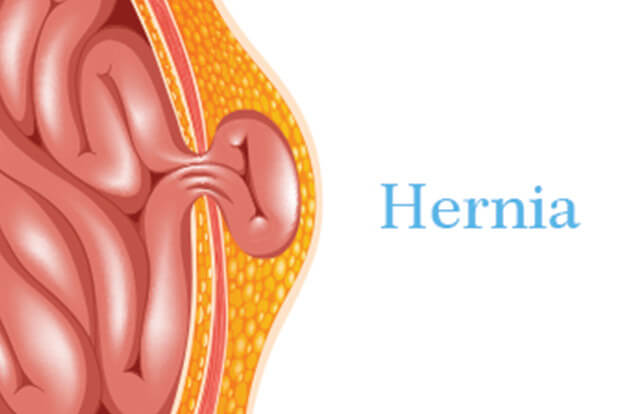Man gets 217 covid jabs, study finds no immune fatigue
Wed 06 Mar 2024, 23:39:10

In a groundbreaking case study published in The Lancet Infectious Diseases journal, researchers from Friedrich–Alexander University Erlangen–Nurnberg (FAU) in Germany shed light on the immune system's response to hypervaccination against COVID-19. The subject, a man from Germany, claims to have received an astonishing 217 vaccinations against COVID-19 for personal reasons, with official confirmation for 134 of them.
Initially brought to the researchers' attention through newspaper articles, the man willingly participated in a series of tests conducted in Erlangen. Led by Kilian Schober from FAU, the research team aimed to understand the implications of repeated exposure to COVID-19 antigens on the immune system.
"We learned about his case via newspaper articles," said Kilian Schober from FAU.
"We then contacted him and invited him to undergo various tests in Erlangen (a city in Germany). He was very interested in doing so," he said.
Contrary to initial speculation that hyper vaccination might diminish immune effectiveness by causing fatigue in immune cells, the study found that the man's immune system remained fully functional. "That may be the case in a chronic infection such as HIV or hepatitis B, that has regular flare-ups," explained Schober. "There is an indication that certain types of immune cells, known as T-cells, then become fatigued, leading to them releasing fewer pro-inflammatory messenger substances," he added.
The immune response was assessed by analysing
blood samples taken before and after additional vaccinations, revealing robust T-effector cell counts capable of combating SARS-CoV-2. "We were also able to take blood samples ourselves when the man received a further vaccination during the study at his own insistence. We were able to use these samples to determine exactly how the immune system reacts to the vaccination," Schober said.
blood samples taken before and after additional vaccinations, revealing robust T-effector cell counts capable of combating SARS-CoV-2. "We were also able to take blood samples ourselves when the man received a further vaccination during the study at his own insistence. We were able to use these samples to determine exactly how the immune system reacts to the vaccination," Schober said.
The findings debunked concerns about potential immune fatigue, as the individual exhibited comparable or even superior immune responses compared to a control group that received the standard number of vaccinations. Specifically, the subject demonstrated a substantial presence of T-effector cells, the body's frontline defence against viral threats, without any signs of exhaustion.
Moreover, the study delved into the population of memory T cells, which are crucial for maintaining long-term immunity. Remarkably, the man exhibited a similar abundance of memory T cells as the control group, indicating a robust immune memory capable of mounting swift and potent responses upon re-exposure to the virus.
Lead author Katharina Kocher emphasised that the findings not only dispelled concerns regarding immune fatigue but also underscored the resilience and efficacy of the immune system following extensive vaccination. "The number of memory cells was just as high in our test case as in the control group," explained Katharina Kocher.
"Overall, we did not find any indication for a weaker immune response, rather the contrary," Kocher added.
No Comments For This Post, Be first to write a Comment.
Most viewed from Health
AIMIM News
Latest Urdu News
Most Viewed
May 26, 2020
Do you think Canada-India relations will improve under New PM Mark Carney?
Latest Videos View All
Like Us
Home
About Us
Advertise With Us
All Polls
Epaper Archives
Privacy Policy
Contact Us
Download Etemaad App
© 2025 Etemaad Daily News, All Rights Reserved.






























